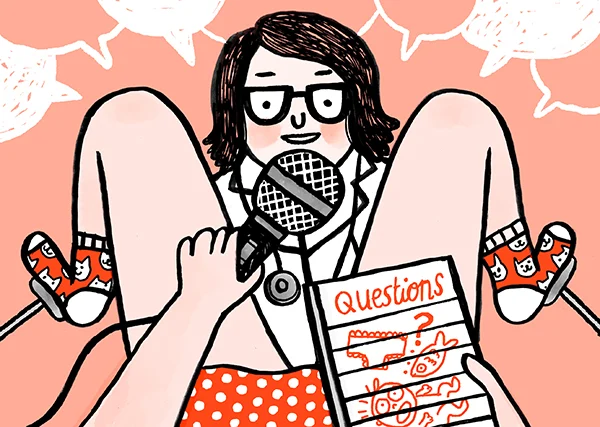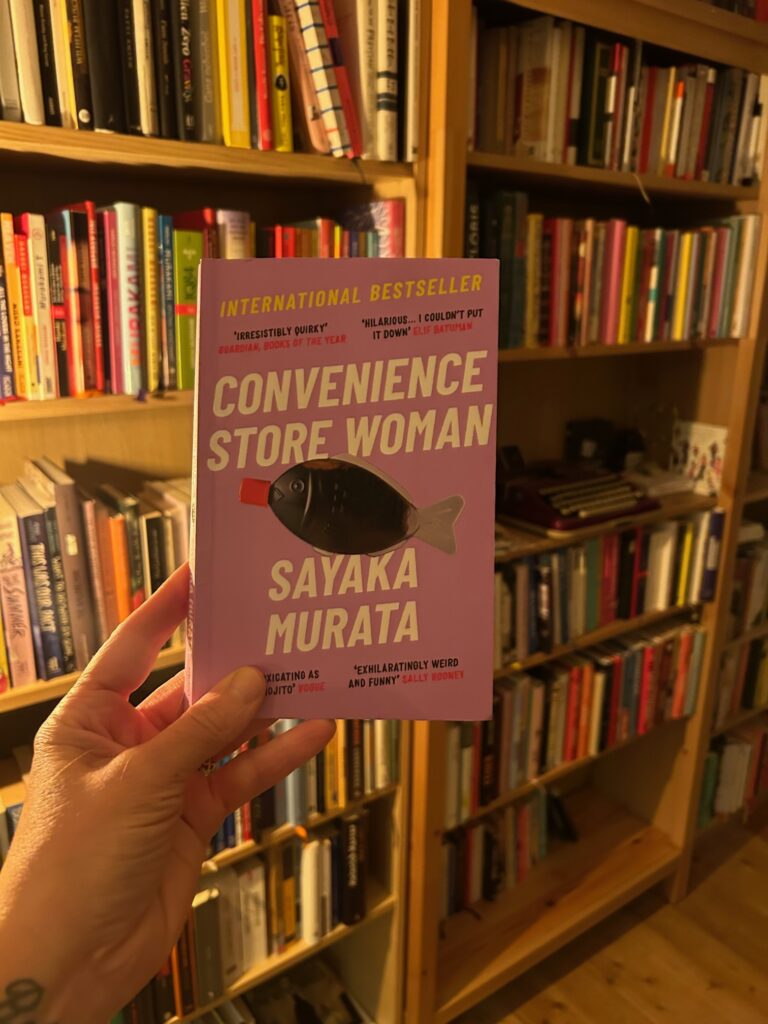.Yes and No.
It all happened four years ago: I was having one of those no-good-very-bad periods. Parenting felt hard and heavy. My job had many challenging moments. My domestic load was ridiculous. My phone buzzed and dinged and rang. I was forever in the car, or at…



